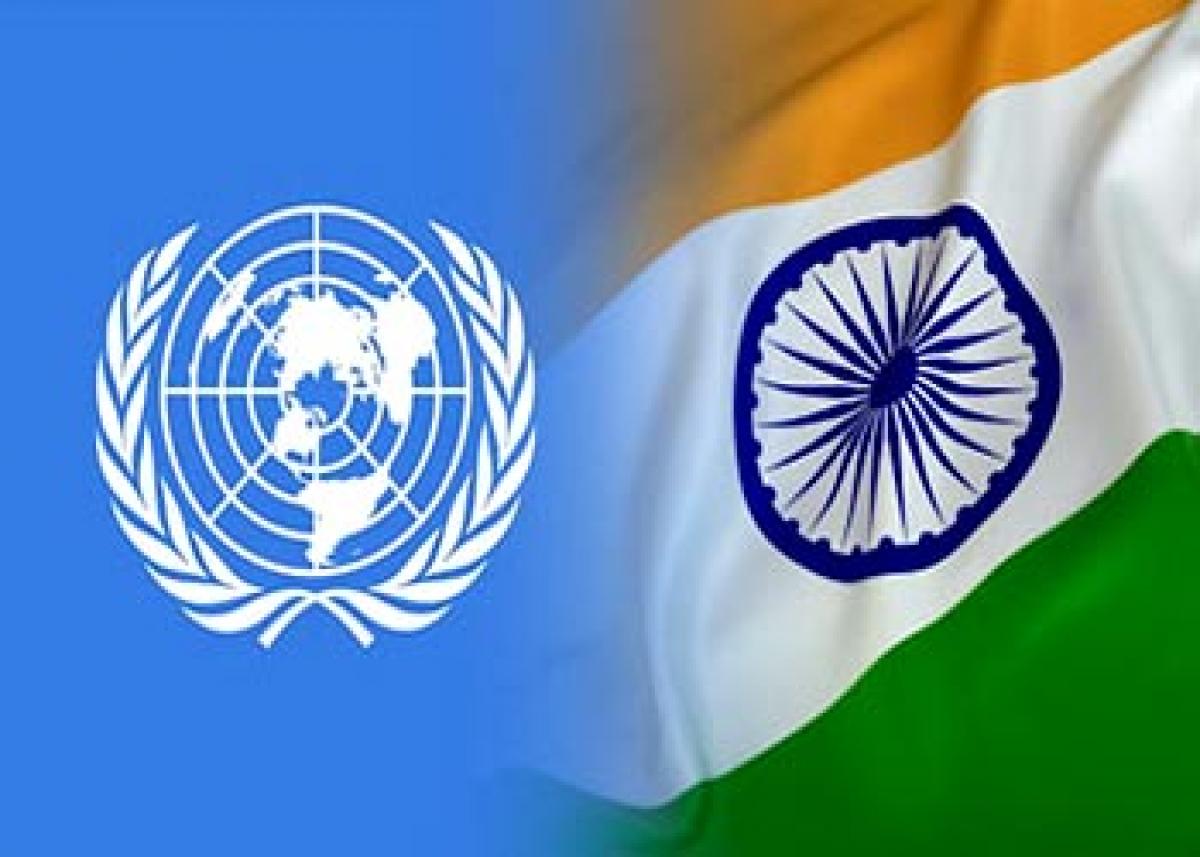Live
- Hyundai Motor India Limited Announces 2024 Edition of ‘Hyundai Always Around’ Campaign
- World Quality Day: Hindustan Zinc Reaffirms Commitment to Superior Product Quality & Innovation
- Samsung TV Plus Announces the Launch of Four New FAST Channels From Viacom18 Exclusively on Samsung Smart TVs
- Arun Pandey 3.0 set to revolutionise lottery industry with Great Goa Games (GGG)
- How Organisations Can Support Mobile Workforces with Diabetes - From Prevention to Management
- Google Rolls Out Real-Time Spam Detection Feature for Pixel Users
- Marriott international and Samhi hotels announce strategic expansion, sign agreement to open three more properties in india
- Telangana Group-4 Results Declared: 8,084 Candidates Selected for 8,180 Posts
- 2024 Is Shaping Up to Be the Smallest Black Friday Ever: GoDaddy Study
- LG LAUNCHES NEW XBOOM SERIES, WITH POWERFUL SOUND WITH PORTABILITY AND STYLE









